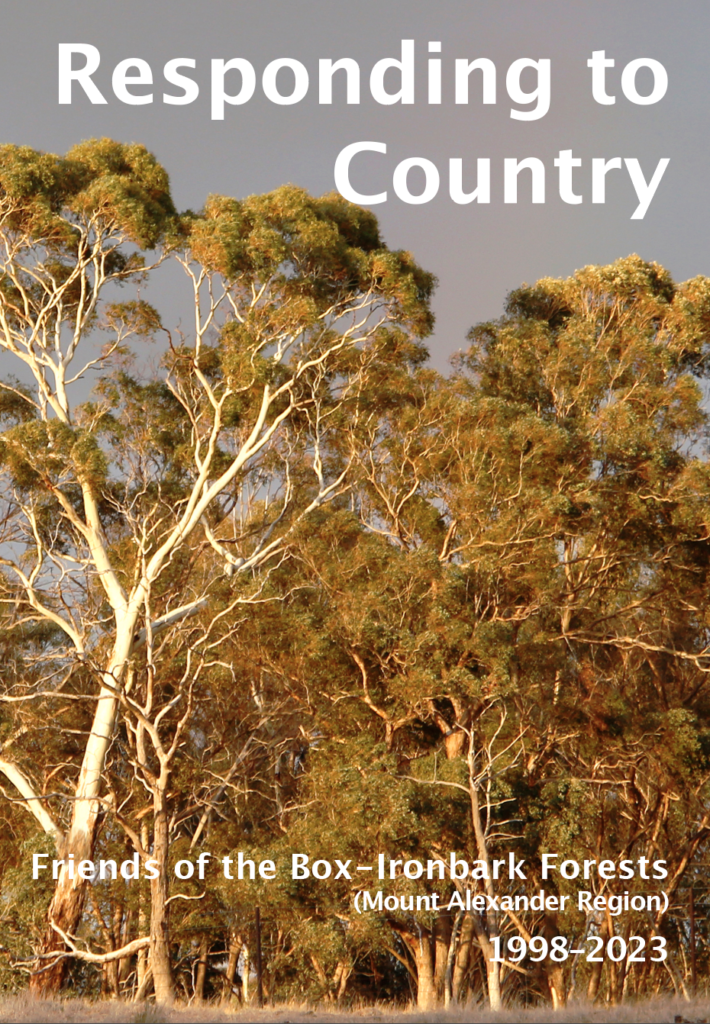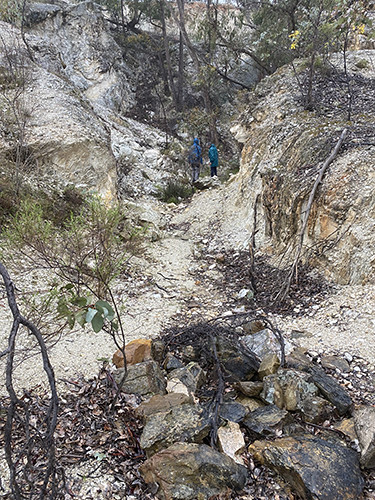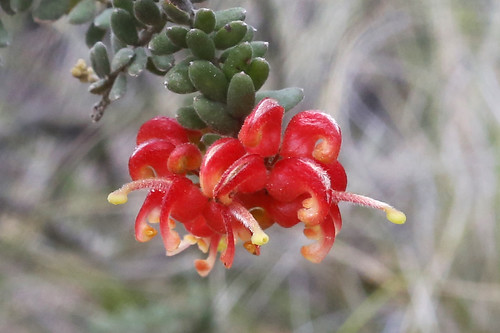FOBIF is well aware that Fryers Ridge Road is a major fire access track for the area. Our problem with the current works is that we believe that the desired safety result could have been achieved in a less destructive way–perhaps by selective removal of obstructive vegetation, and some slashing. Scalping and bulldozing of road verges has a severe impact on vegetation in the long term: field naturalists with long memories of the district have claimed that Department works over the last 50 years have reduced some sections of the roadway to a shadow of their former glory.
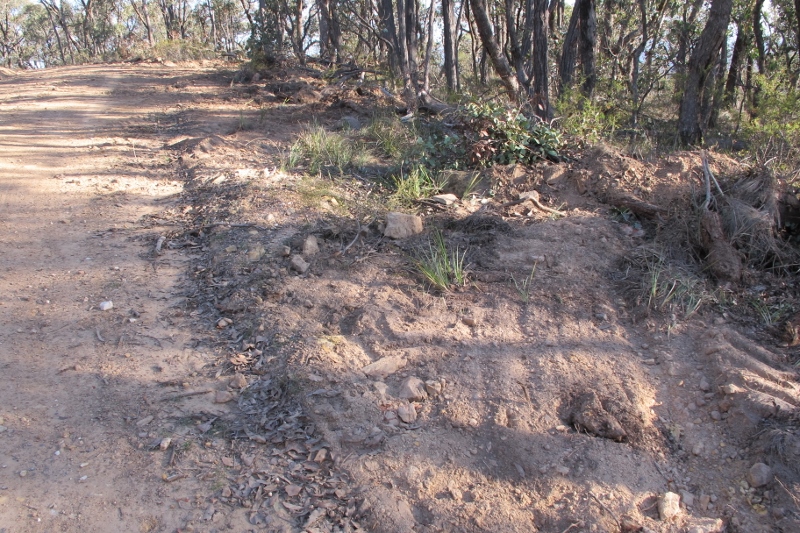
Fryers Ridge: managers concede that scalping is not ‘ideal’. It appears that better methods are too expensive for the Department’s budget.
‘Scalping’ is widely acknowledged as something to be avoided if possible. Here are a few recommendations from documents around Australia:
‘When slashing roadsides, machinery operators should be mindful of the changing contours of the roadside and not cut too close to the ground. This is often referred to as ‘scalping’. Scalping creates ideal conditions for weed growth, disturbing soil and removing competition for resources such as light. Scalping also directly results in machinery, especially cutting implements, becoming contaminated.’ [DPI Victoria 2005]
‘Do not have the mower or slasher set too low otherwise the machine will scalp the ground causing serious soil disturbance. Scalping leaves bare patches of earth subject to erosion, in sandy soils the risk of erosion and destabilisation is very high.’ [Tasmanian Coastal Works manual 2005]
‘Avoid scalping of the ground during slashing operations.’ Greater Shepparton Council 2005]
‘Low shrubs, native grasses and groundcovers generally do not affect road safety and, where possible, should be retained in the clearance areas. These species help prevent weed invasion and erosion and can reduce roadside management costs.’ SA Native Vegetation Council 2012
FOBIF representatives met with DELWP and Parks officers on the ridge on July 10. These conceded that the works ‘could have been better done’ in places. The reason they weren’t? Shortage of money. The preferred vegetation management methods cost more, and from where we stand, it looks like the Department is drastically short of money. Hence, repeated cutbacks by governments of both persuasions over the years delivers what we can’t quite get used to: land management on the cheap.



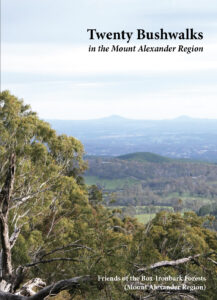
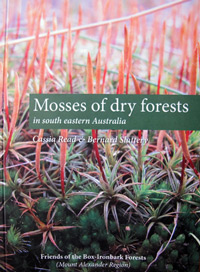 Click on image for info/order page
Click on image for info/order page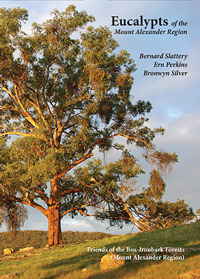 Click on image for info/order page
Click on image for info/order page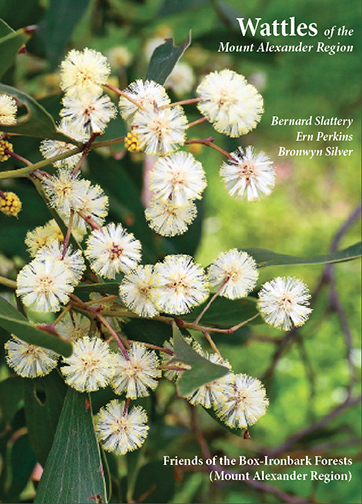 Click on image for info/order page
Click on image for info/order page
